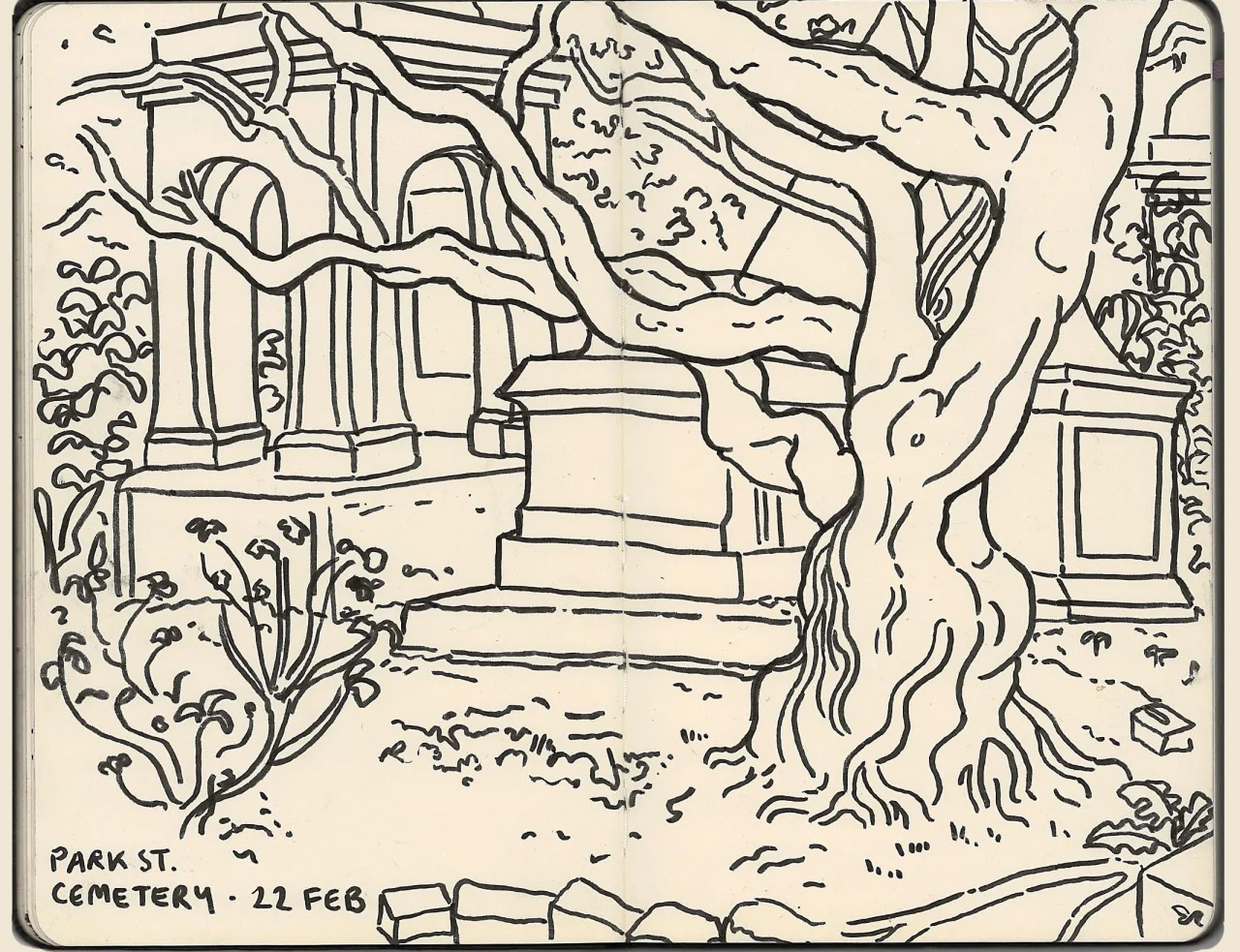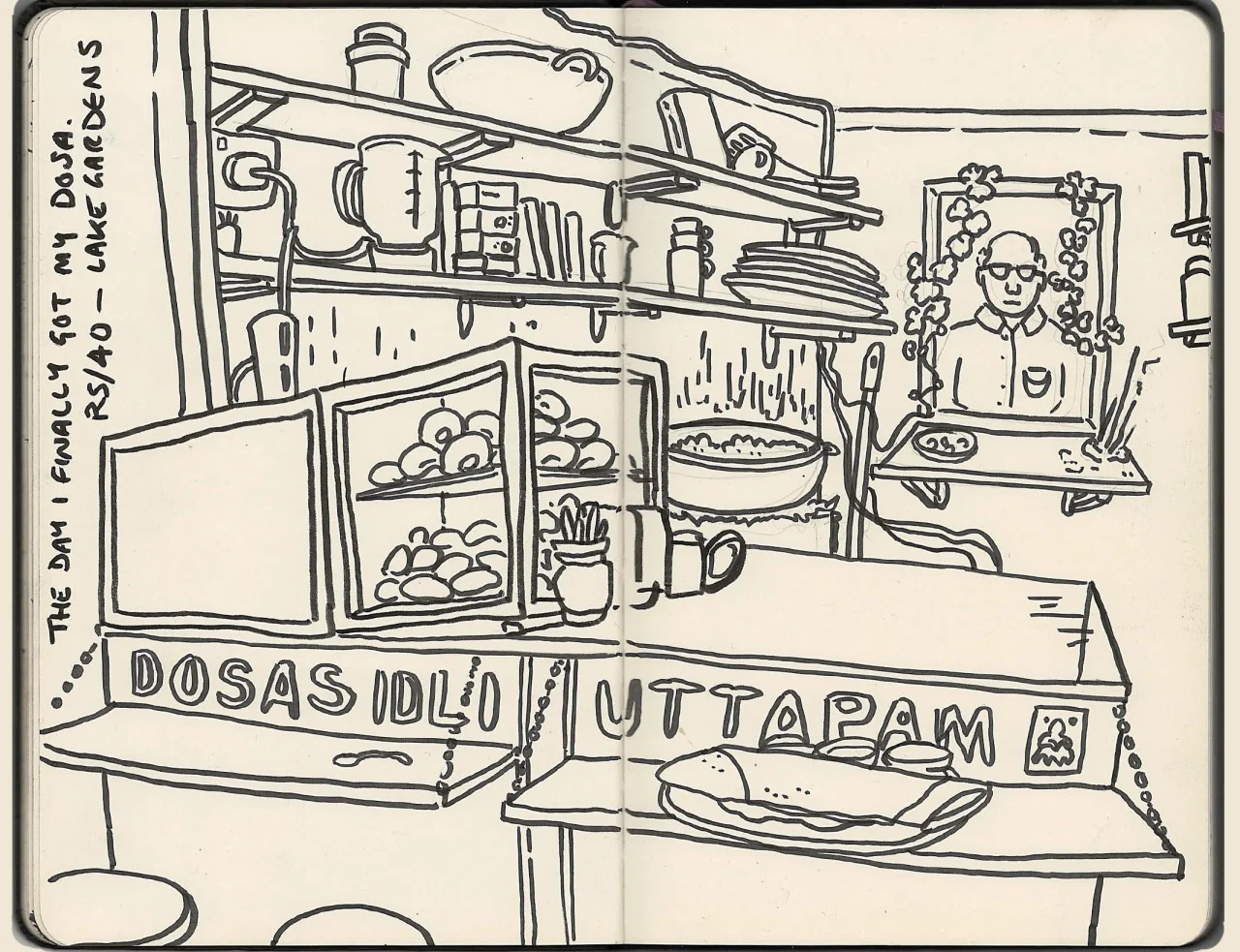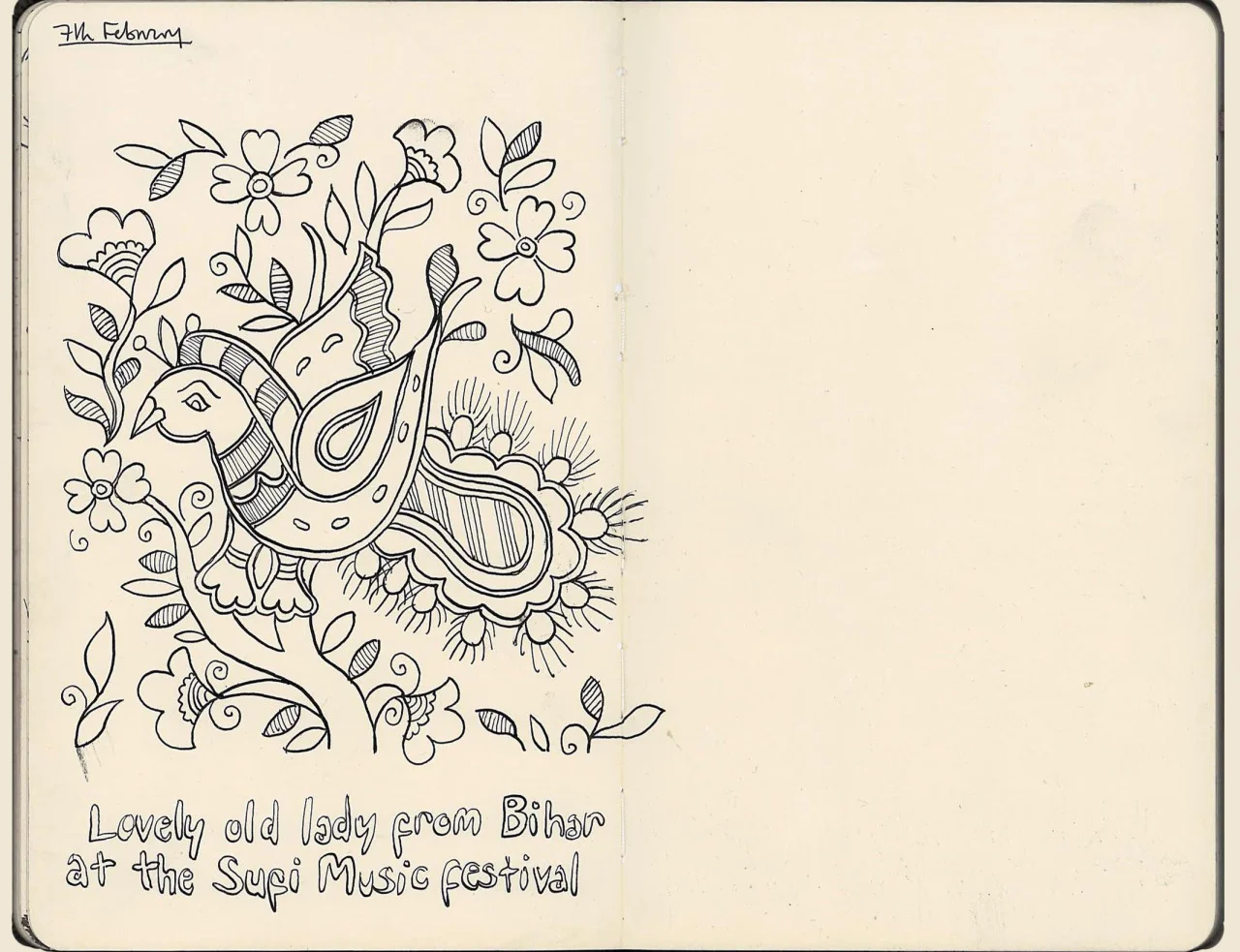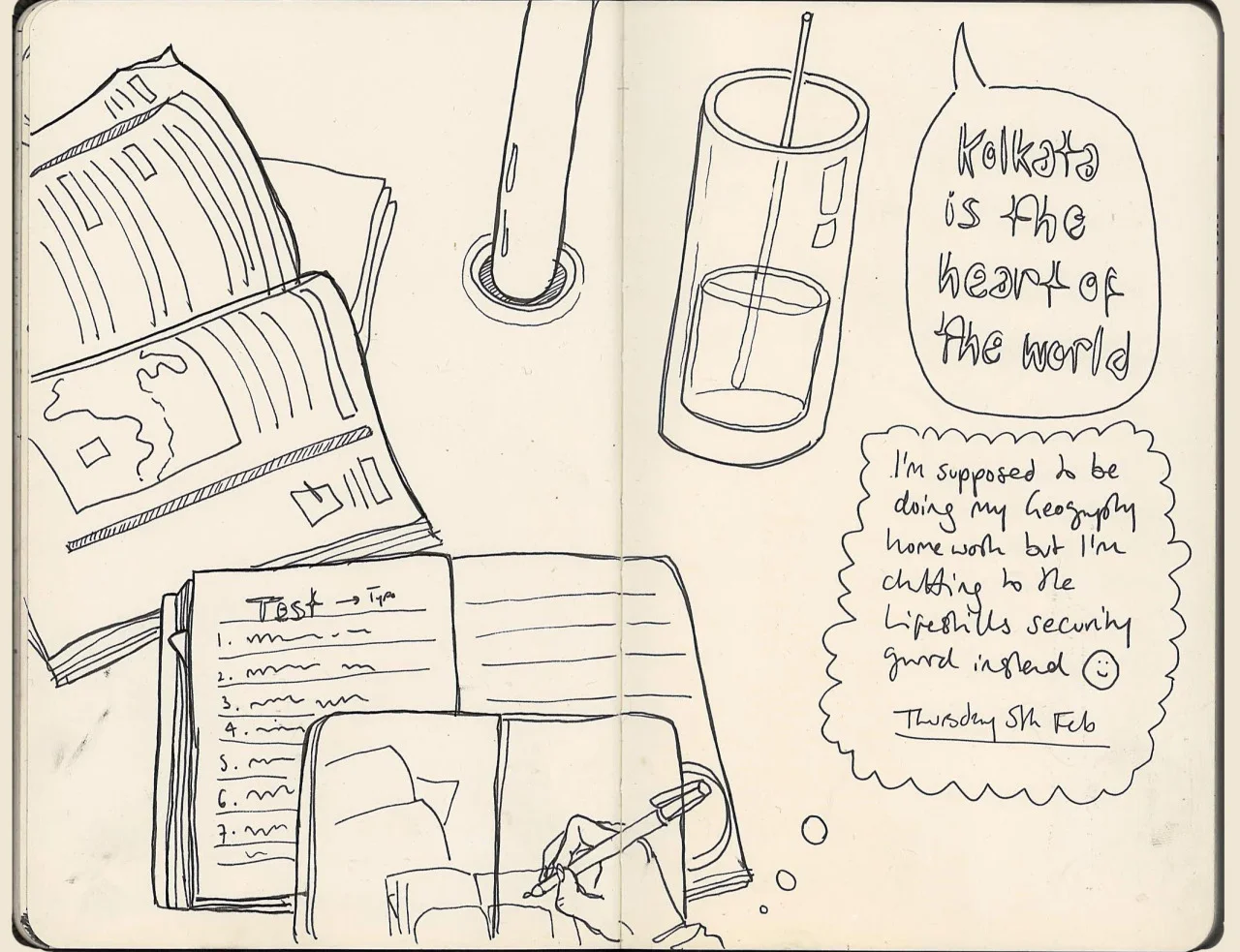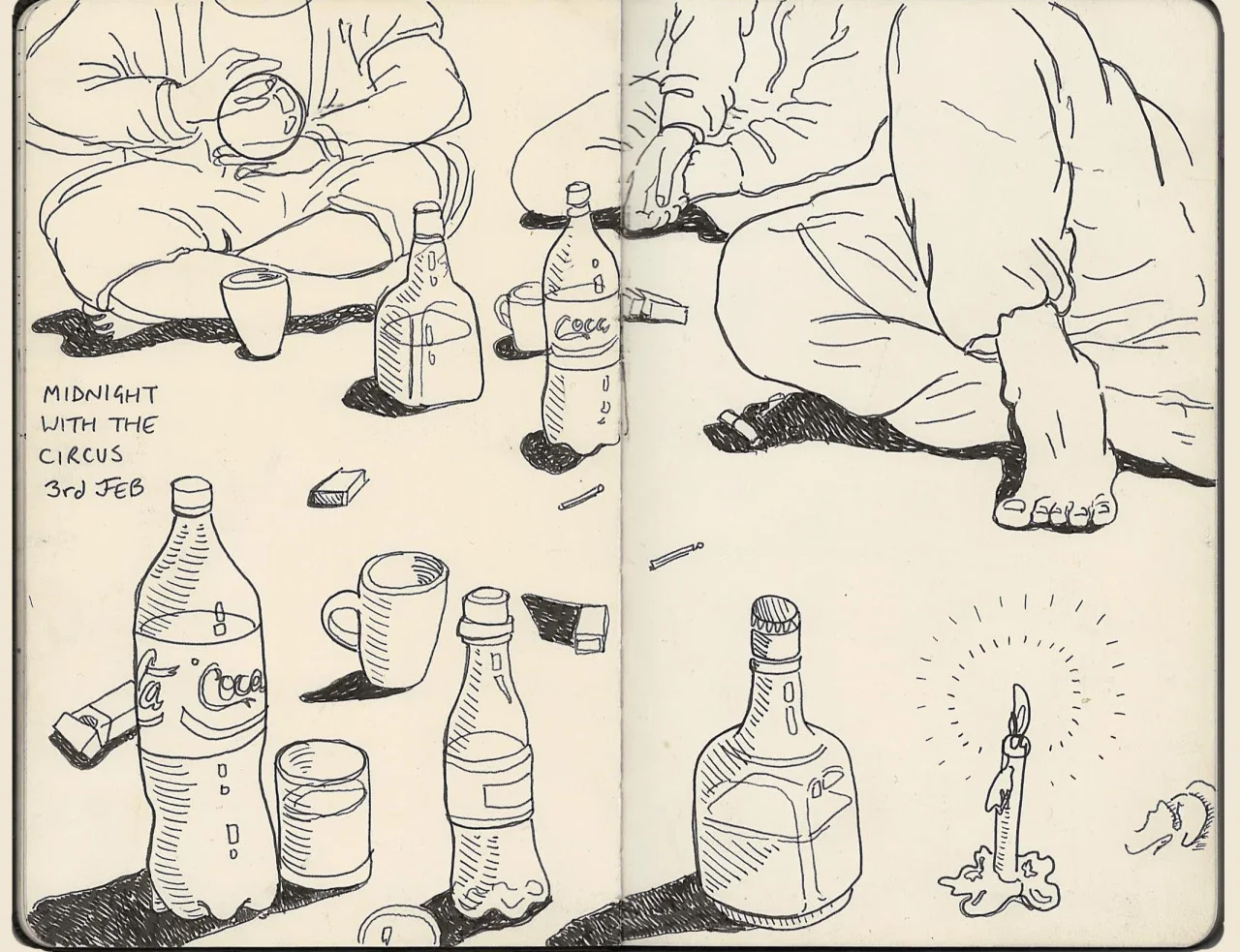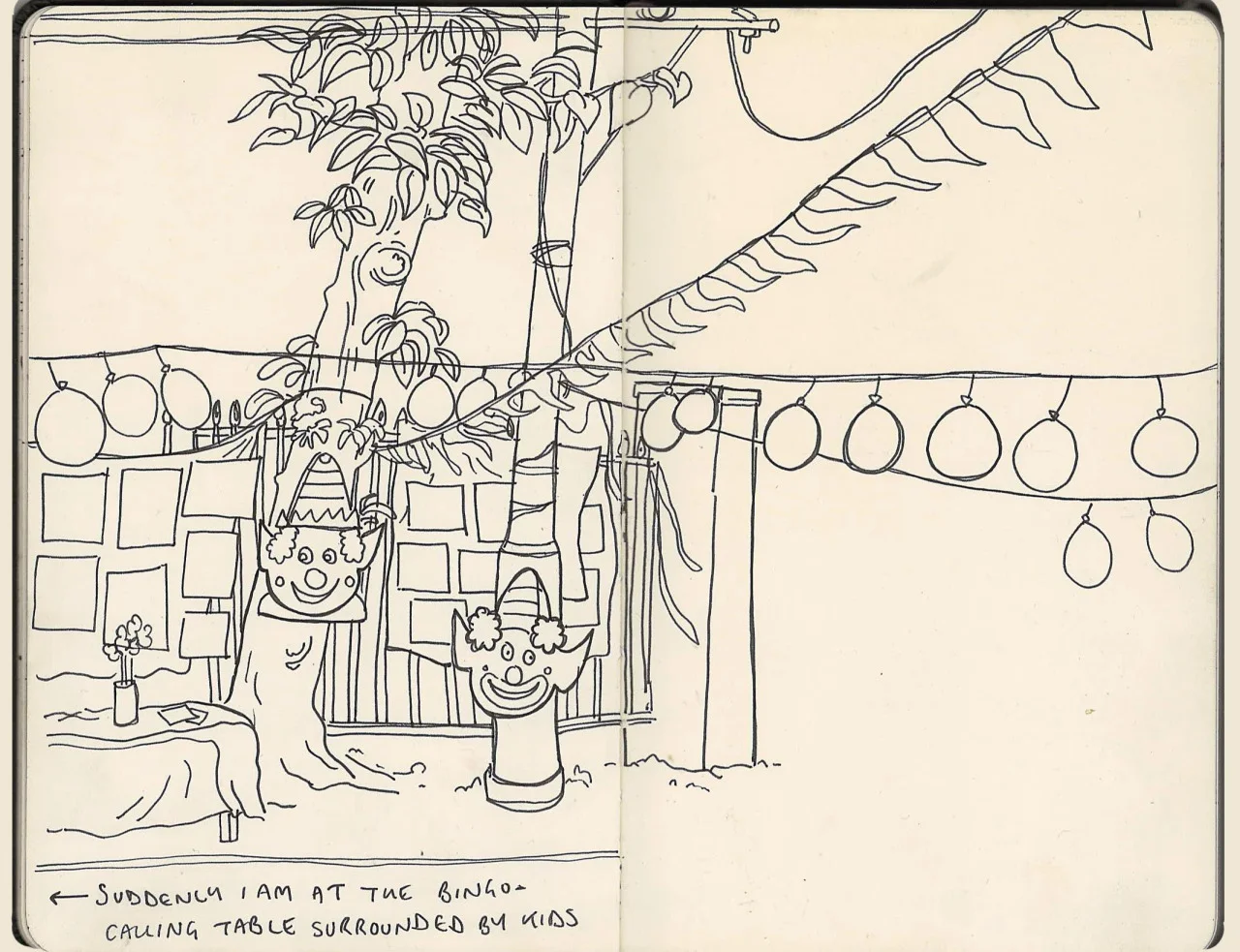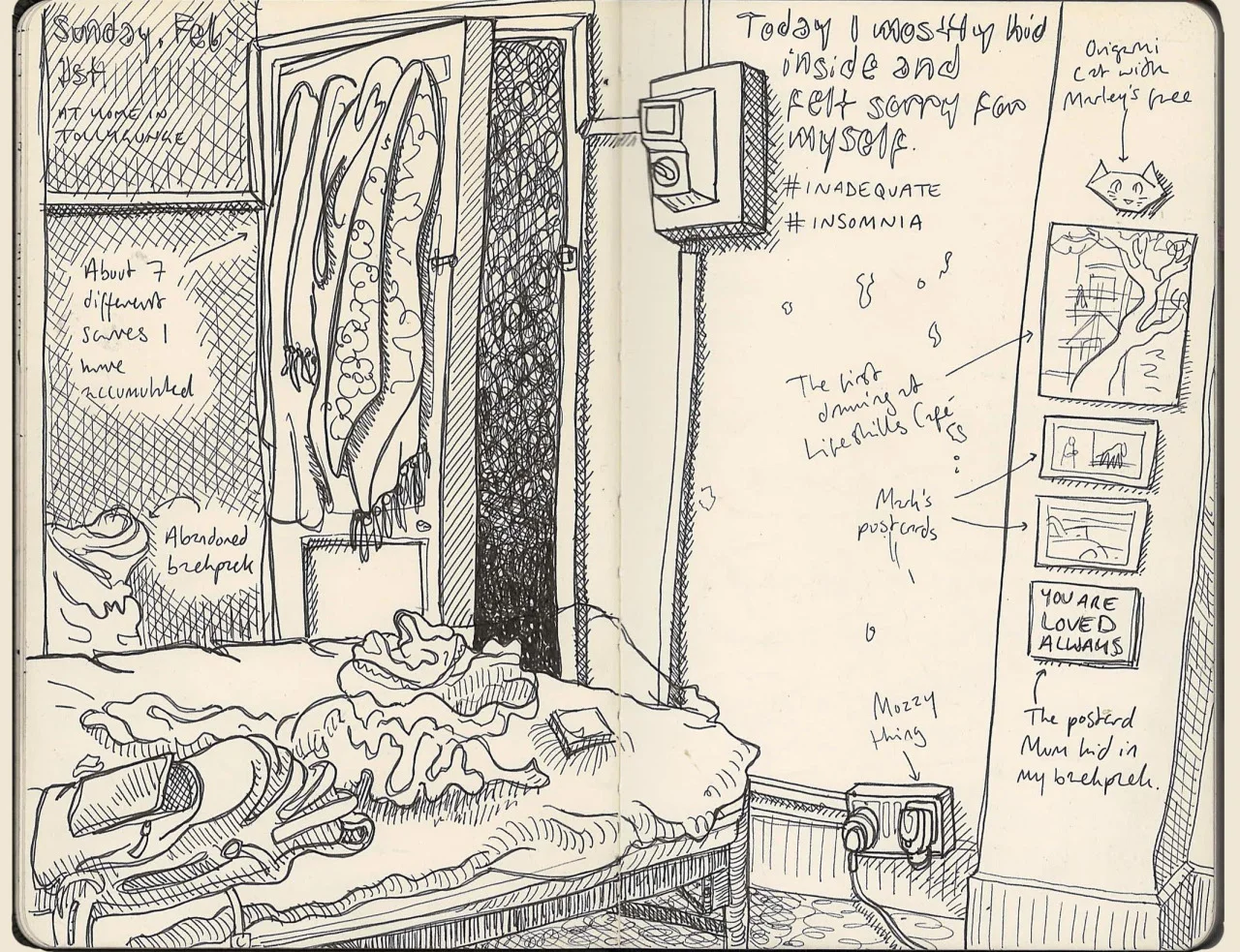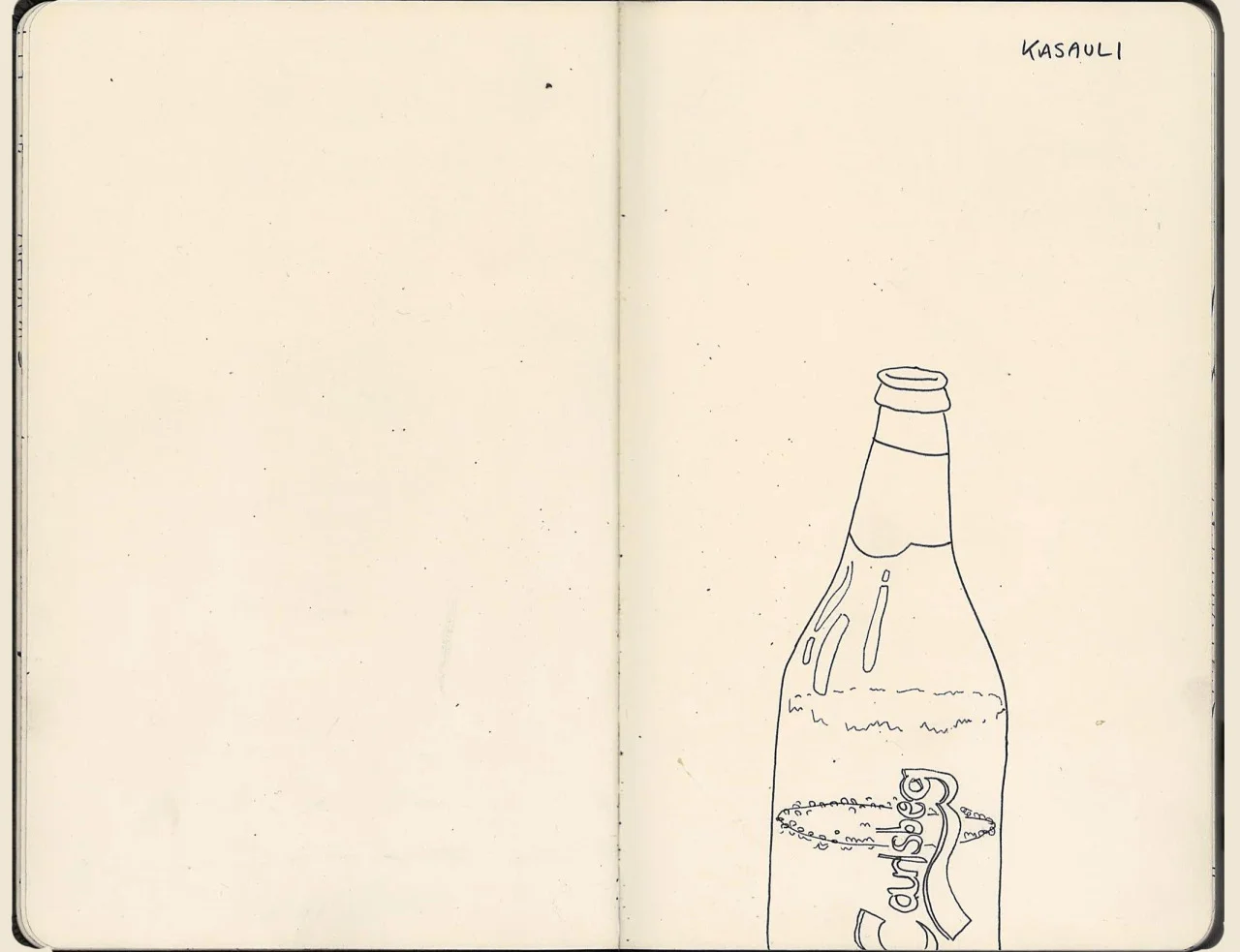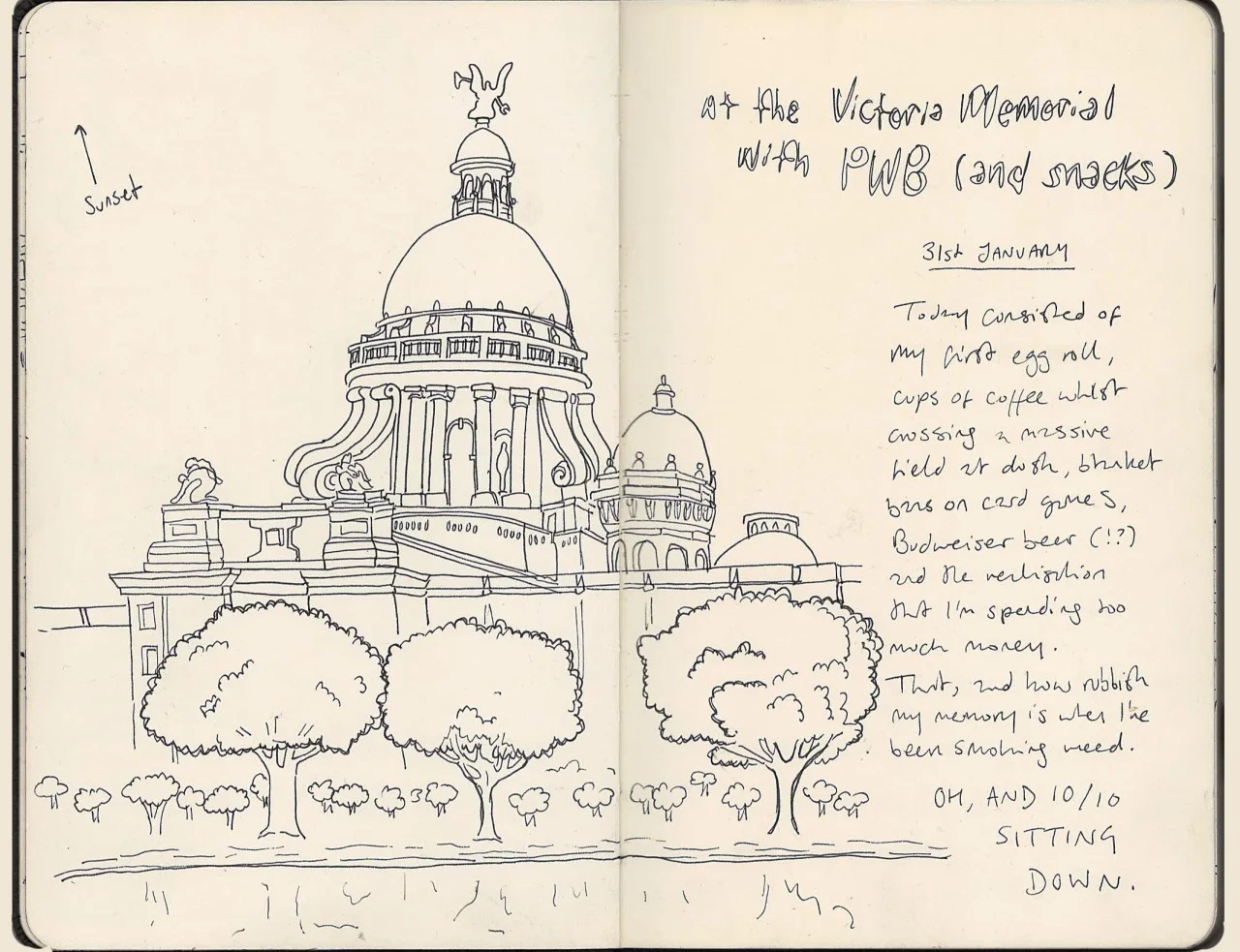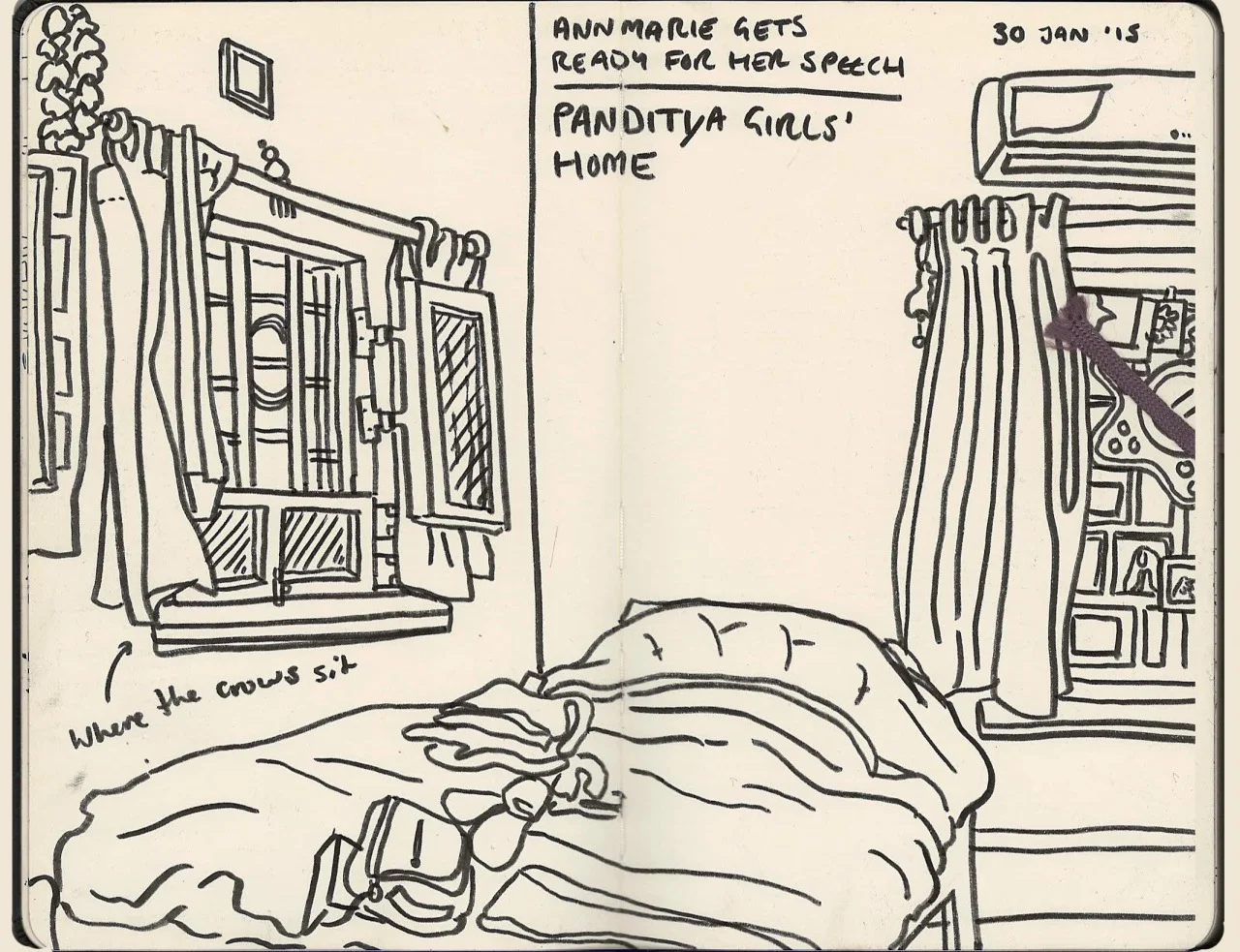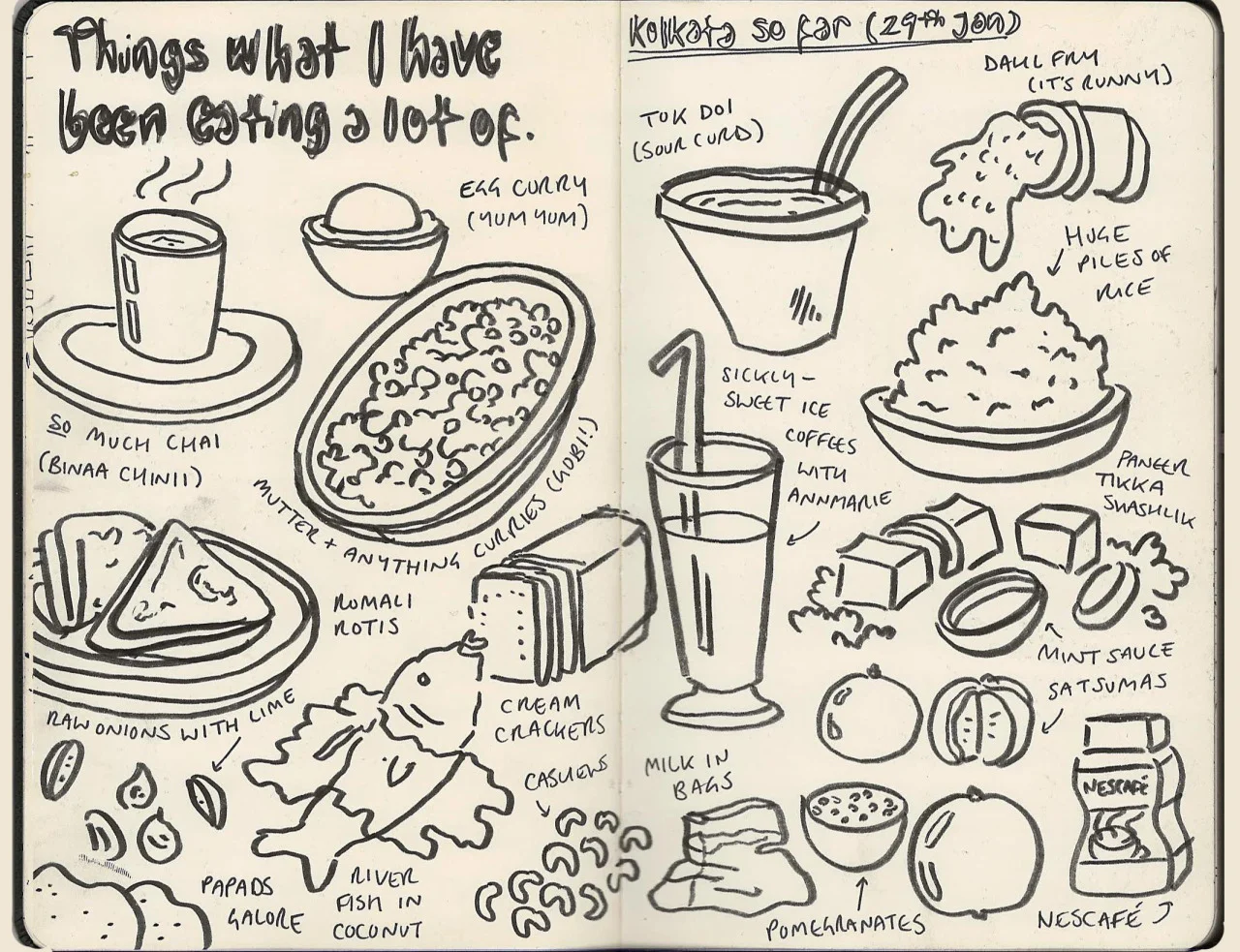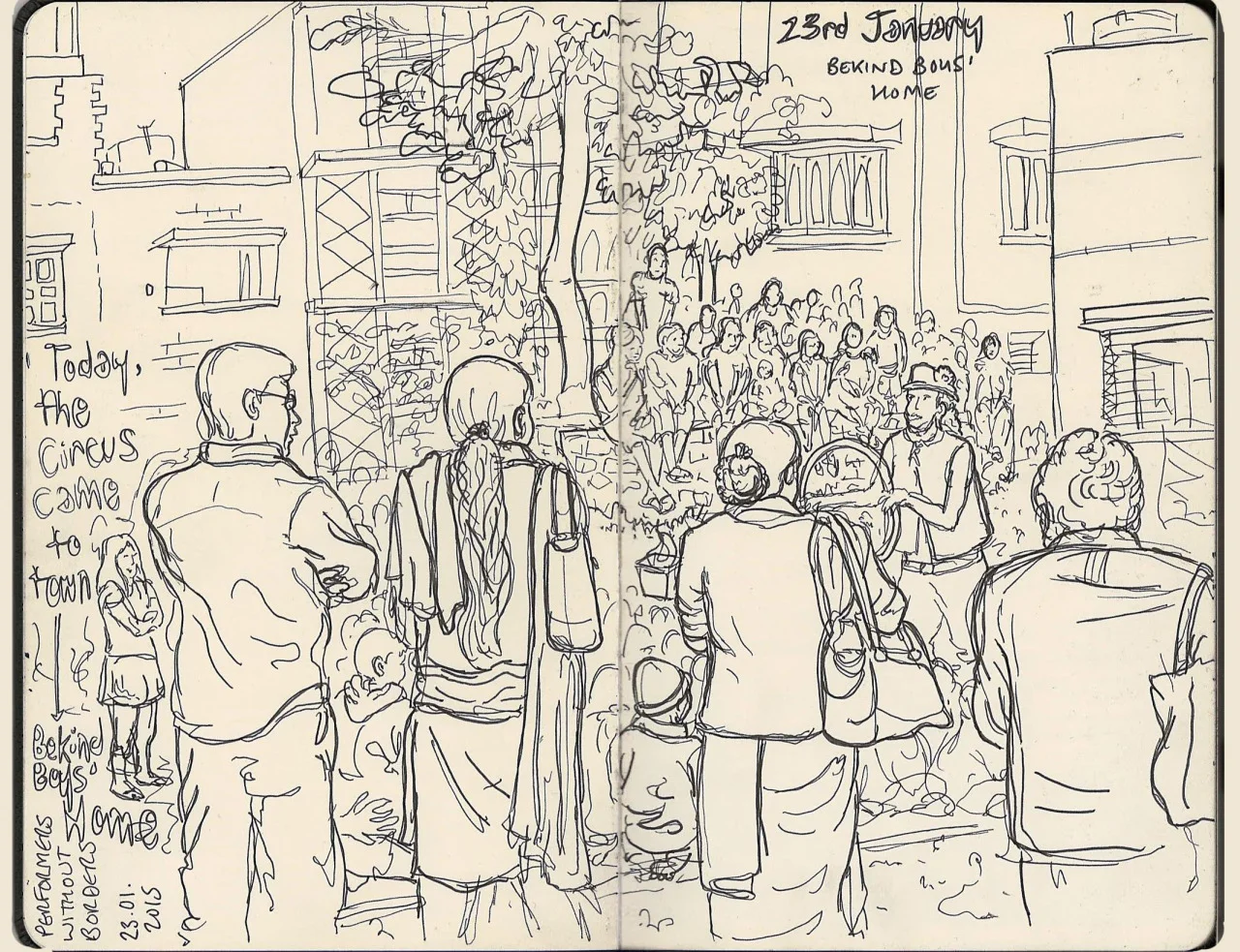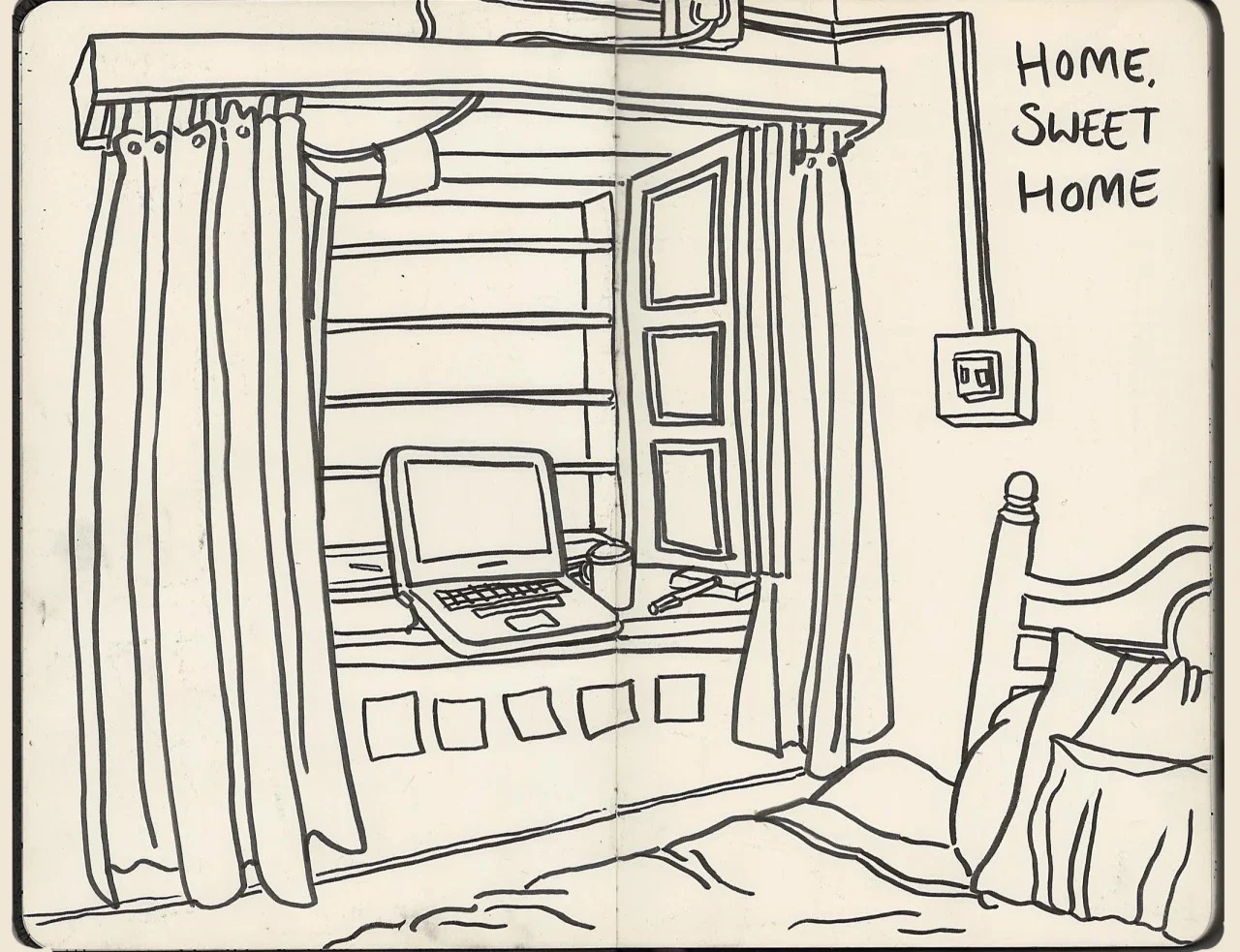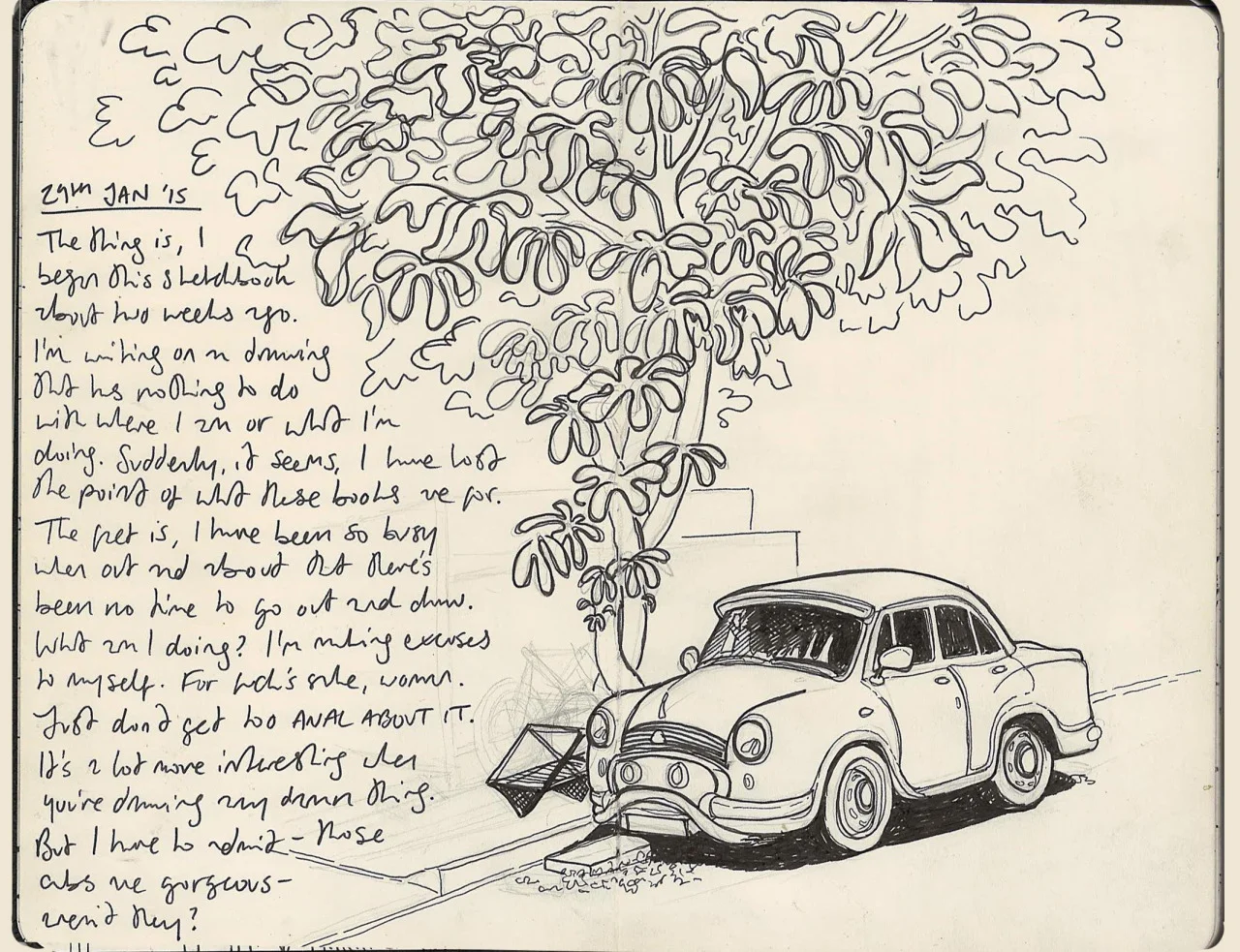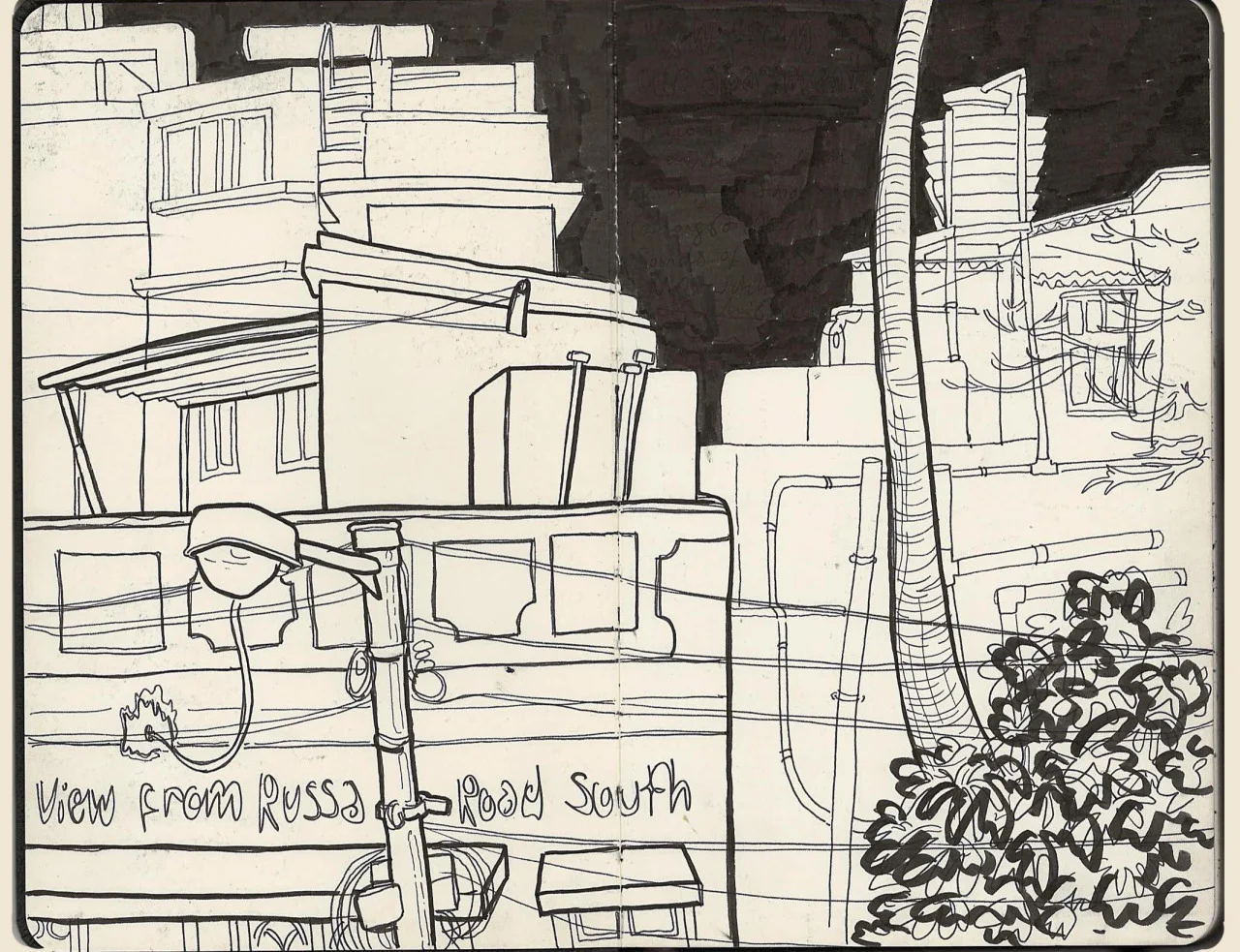Our research study in Lewes, East Sussex, showed that payday and doorstep lenders now play a very real part in the daily lives of those living on the financial edge. Credit unions are often touted as a solution to the dangerous slide toward high-cost, short-term loan culture. As not-for-profit financial cooperatives owned by their members and run for their benefit, they are willing to offer low-interest loans to people who are likely to be refused credit elsewhere; the same people most likely to be tempted by the payday lender's promise of fast, anonymous credit with no or very few questions asked.
But as I watch Mary – the loans registrar – digging into her own purse to dole out her customer's withdrawals (it's been too busy to nip to the post office for more cash), I begin to question whether they can be solution to the payday loan dilemma, at least on their own.
Awareness and access are two issues vital for a credit union's success. Wonga seem to have an ad emblazoned across every second London bus at the moment (they spent over £16m on advertising in 2011) and deliver an average money-to-bank time of just five minutes. While credit unions are a diverse lot, not only is marketing at that scale a stretch, but from what we've seen they struggle to match the user experience the payday lenders provide; almost without exception they lack the infrastructure to support such speedy loans.
What's more, the APR cap of 26.8% means credit unions make a big loss on servicing small loan amounts: on a loan of £300 for one month they can only charge a maximum of just £6 interest.
The longer I spend around those in debt and those who work with them, the more I begin to question whether payday lenders are really the biggest problem. Time and again we heard stories of people whose debt problems have grown out of late payment and overdraft charges, which were the start of a downward spiral of managing interest repayments but never managing to pay off debt. This spiral is exacerbated by the typical response of avoidance. Step Change debt charity say that of 950 clients surveyed, more than 40% had struggled with mounting debts for a year or more before seeking help. We have heard of – and seen – several situations where carrier bags full of unopened letters are shoved behind the sofa.
Payday loans are undoubtedly a bad thing, but they have become something of an easy scapegoat distracting attention away from many larger critical issues around ethical practice and financial literacy. Broadly speaking, the solution is to teach better financial behaviour in schools. In the meantime, it's vital that existing council and independent advice services are clearly signposted and councils work to support their credit unions.

